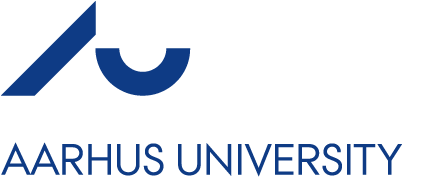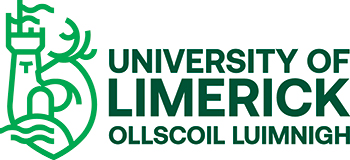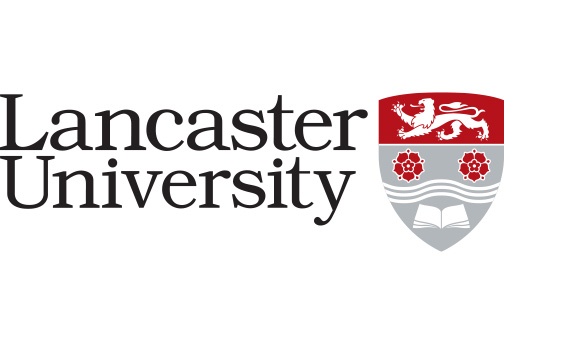Partners
PARTNERS
University of Turku is an international research university and an active academic community of 25,000 students and staff members from over 100 different countries. It was founded as the first Finnish language university in the country in 1920.
The unit of materials engineering was created in 2020 with specific focus areas on solar energy, energy storage and novel industrial materials. This unit has identified electrochemical energy storage, conversion and generation as one of the strategic research areas.
The research group of Battery Materials and Technologies, led by associate professor Pekka Peljo, is developing next generation stationary energy storage technologies, mostly based on redox flow batteries.
UTU is the coordinator of the project, and is responsible for developing redox couples for the flow battery.
Department of Biological and Chemical Engineering, Aarhus University (AU-BCE) – Section for Process & Materials Engineering. Research focus of the section is almost entirely on development of new sustainable solutions, materials and processes for the green transition. This includes research, development and demonstration of a range of technologies within like green bio-refining, hydrothermal liquefaction (HTL),catalysis, polymers and plastic engineering, recycling and electrochemical energy conversion technologies like batteries, electrolysis, and Power-to-X technologies. AU-BCE has strong competencies within all these technologies, associated process engineering and covers a large part of the TRL ladder. This includes basic research as well as activities within demonstration and pilot-scale testing of renewable energy technologies, in particular at the section’s sites in Foulum. Co-operation with other institutes, companies and universities both in Denmark and internationally is an integrated part of our culture.
The University of Limerick (UL) is an independent, internationally focused university with over 16,000 students and 1,600 staff. The Department of Chemical Sciences represents the cornerstone of the faculty of Science and Engineering and is the masterpiece of the world-class interdisciplinary research on structured materials of the Bernal Institute, leading of three of the four research clusters (Bio Materials, Molecular Nano Materials and Process Engineering). The Bernal Institute/Faculty of Science and Engineering is comprised of researchers from scientific and engineering disciplines with a strong track record in translating fundamental knowledge and expertise into solutions for a range of academic and industrial challenges. The Department of Chemical Sciences and Bernal Institute boast world-class infrastructure with state-of-the-art equipment for materials characterisation.
The primary mission of the Scanlon Electrochemistry Lab, led by Prof. Micheál D. Scanlon, is to understand the fundamental behaviour of polarised liquid-liquid interfaces and harness their untapped potential for applications related to energy conversion and storage, advanced functional materials development, sensor technology and the creation of bio-mimetic molecular machines. In DualFlow, the Scanlon Electrochemistry Lab will recycle the oxidized complex of the positive electrolyte in a redox flow battery is utilized for an oxidation reaction to produce decarbonized chemicals. Specifically, they will test redox mediators from the positive electrolyte used in redox flow batteries to electrosynthesis conducting polymer thin films at a polarised liquid|liquid interface. In this way, the mediator will be recycled, and a high-value product created. They will identify optimal common ion(s) for interfacial electrosynthesis using an electrodeless approach. Subsequently, they will develop and test roll-to-roll (R2R) continuous flow deposition to prepare conducting polymer thins films at a polarised liquid|liquid interface.
Department of Bioproducts and Biosystems at Aalto University is among the world leading institutes in plant-based materials in general and especially the nanocellulose materials. The department is part of the national Bioeconomy Infrastructure which possesses a comprehensive and globally unique palette of processing and characterization tools for bio-based materials, necessary for the execution of DualFlow.
Advanced Surface Plating (ASP) is an electrode R&D and production company which was acquired by the Norwegian company HydrogenPro (HPRO) in December 2020. ASP will develop and produce superior performing electrodes. ASP is close to market penetration with the new and most efficient electrodes globally for hydrogen production based on alkaline water electrolysis (AWE). Hereto comes that Advanced Surface Plating (ASP) has built R&D plating facilities, pilot production (>16,000 m2/year) prepared for further expansion inclusive necessary infrastructure.
In the present project, DualFlow, ASP is expected to deliver new and high-performing electrodes as well as benchmarking in house developed electrodes with existing electrodes available on the market.
Dr Kevin Lam received his PhD in Medicinal and Synthetic Organic Chemistry from the Catholic University of Louvain in Belgium. His doctoral work explored the use of electrochemistry and photochemistry as green alternatives to activate organic molecules. This work resulted in the development of a new radical-based deoxygenation reaction (the Lam-Marko reaction).
After his Ph.D., he moved to the University of Vermont (UVM). His research focused on applying analytical/physical electrochemistry alongside spectroscopy to study the complex redox behaviour of organometallic compounds.
Kevin now a Reader (Associate Professor) in Medicinal Chemistry at the University of Greenwich in the U.K. where he continues his interdisciplinary research in the field of synthetic and molecular electrochemistry.
In DualFlow, Kevin’s team is developing novel oxidative reactions to manufacture high-value-added pharmaceutical compounds under mild and green and safe conditions.
Lancaster University is a thriving research-intensive university in the North West of England, delivering world-leading research across multiple disciplines for over 50 years. The Faculty of Science and Technology champions research across all the core physical sciences, environmental research and social policy, data science and security. The Faculty plays host to a number of interdisciplinary research centres, working with the University to further scientific knowledge and translate it into applicable solutions for the economy and environment.
The Toghill Group is sited in the Chemistry Department at Lancaster, but works across the Faculty within the Materials Science and Energy Lancaster research centres. The PI, Prof Kathryn Toghill, is active in research relating to sustainable electrochemistry and energy materials, with projects focussing primarily on mid to long duration energy storage technologies and waste valorisation. Her specific focusses at Lancaster have been on alternative redox mediators for redox flow batteries, electrochemical and chemical CO2 reduction and green hydrogen. Her group also study analytical methods development. More information can be found on the Toghill Group website https://sites.google.com/view/toghillgroup








